Optimal Timing for Gas Line Service
Understanding the optimal timing for gas line service is essential for maintaining safety and efficiency. Gas lines may require inspection, repair, or replacement during specific periods to prevent issues and ensure proper functioning.
Gas line service is often recommended before peak usage seasons, such as before winter heating begins or summer cooling starts, to ensure reliable operation.
Following new gas line installation or major repairs, scheduling a service check is advisable to confirm proper setup and safety.
Any signs of leaks, corrosion, or irregular performance should prompt immediate service regardless of the time of year.
Regular inspections every few years can help detect potential problems early, especially in older infrastructure.
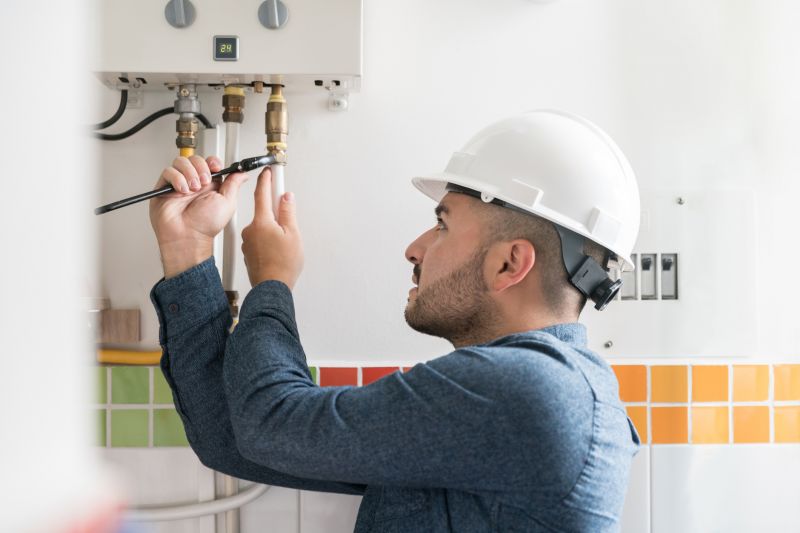
Technicians perform detailed inspections to identify potential issues early.
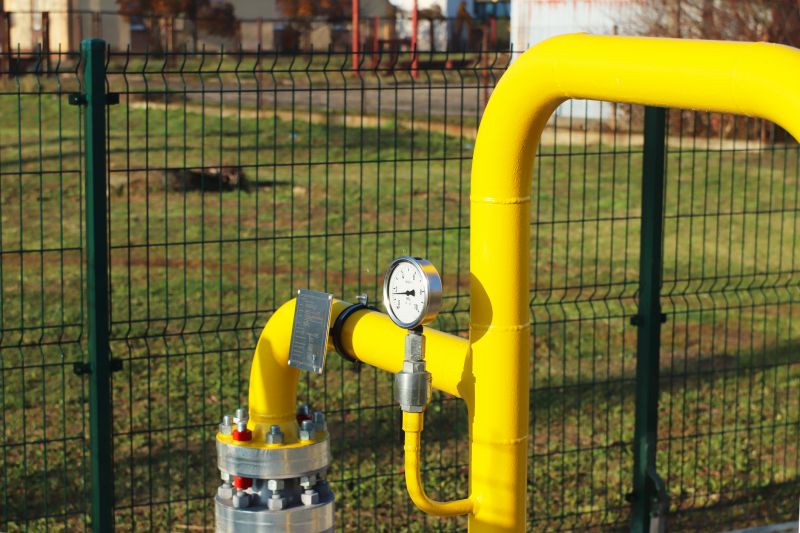
Advanced tools are used to detect leaks and ensure safety.
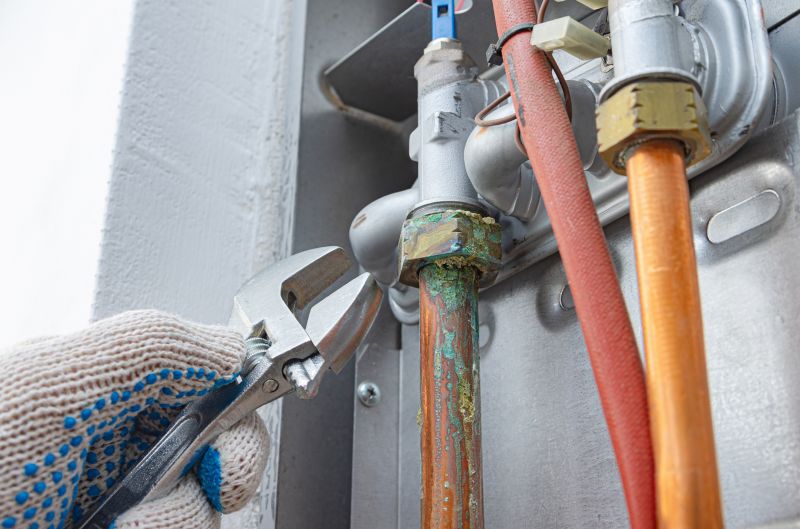
Proper repair techniques restore safety and functionality.
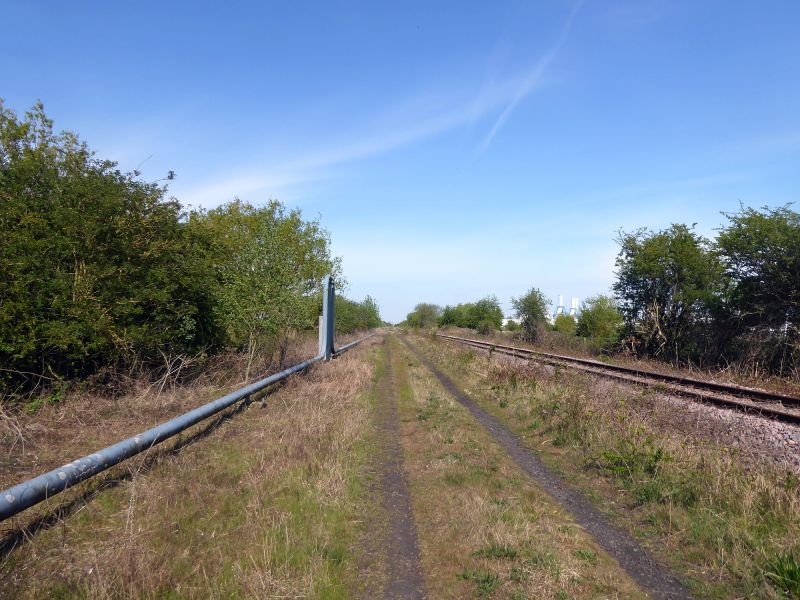
Ways to make Gas Line Service work in tight or awkward layouts.
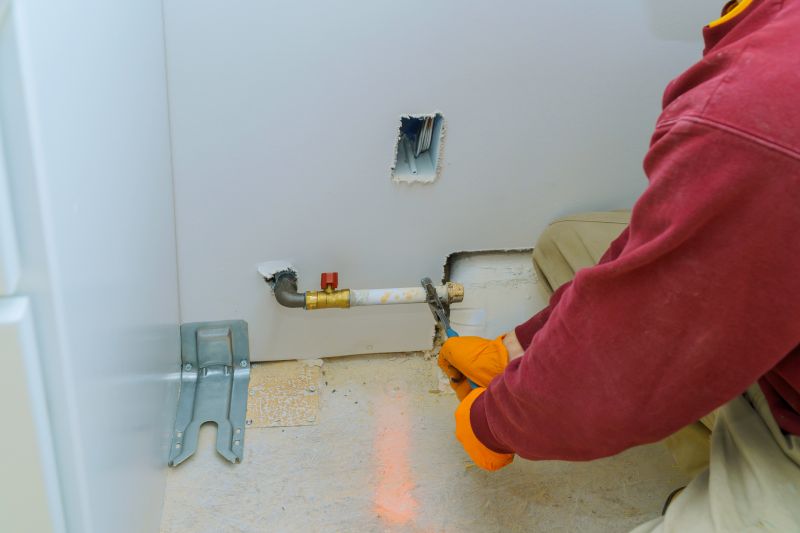
Popular materials for Gas Line Service and why they hold up over time.
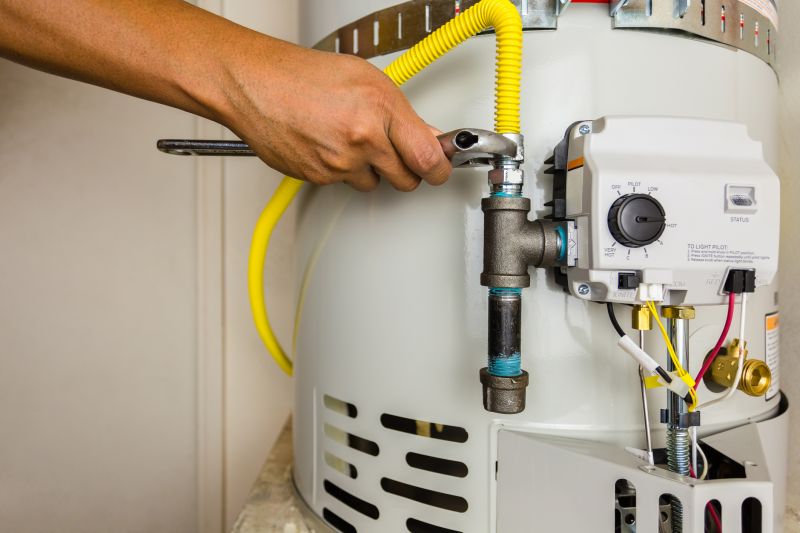
Simple add-ons that improve Gas Line Service without blowing the budget.
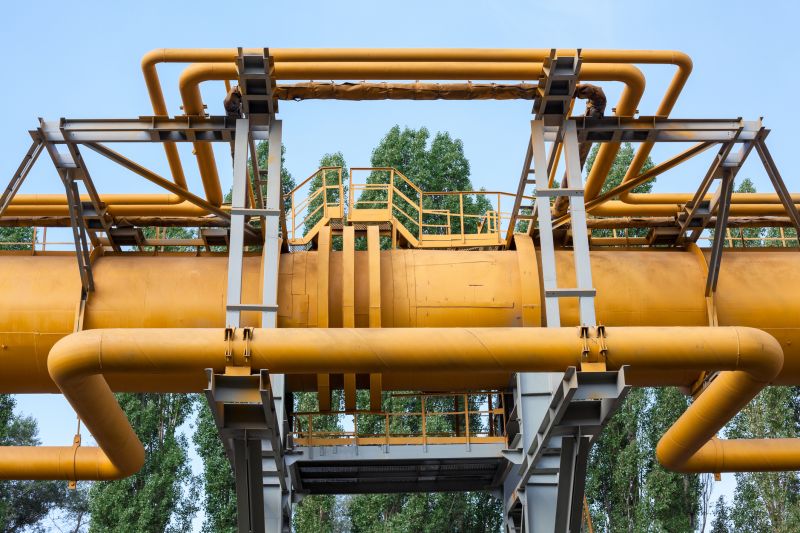
High-end options that actually feel worth it for Gas Line Service.
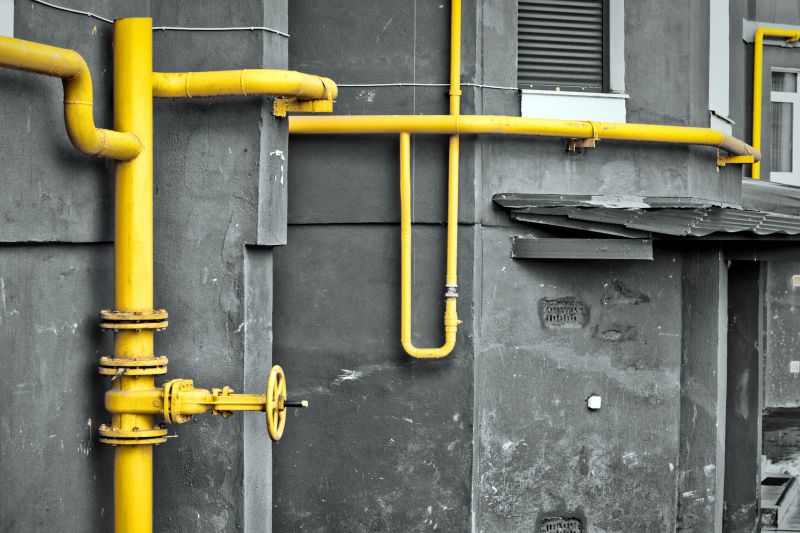
Finishes and colors that play nicely with Gas Line Service.
Gas line service involves a range of procedures aimed at maintaining the safety and efficiency of natural gas systems. Regular inspections can prevent leaks, corrosion, and other hazards that may compromise system integrity. Gas lines are vital for residential and commercial heating, cooking, and other appliances, making their proper maintenance crucial.
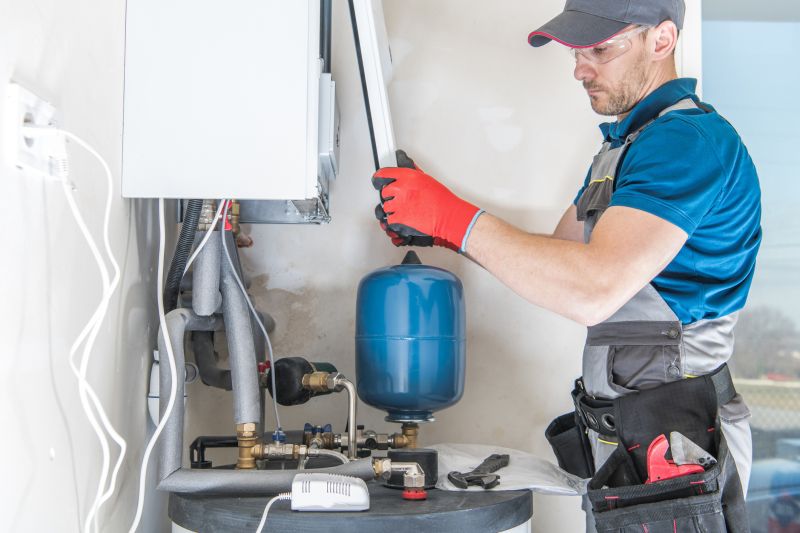
A professional assesses gas line condition.
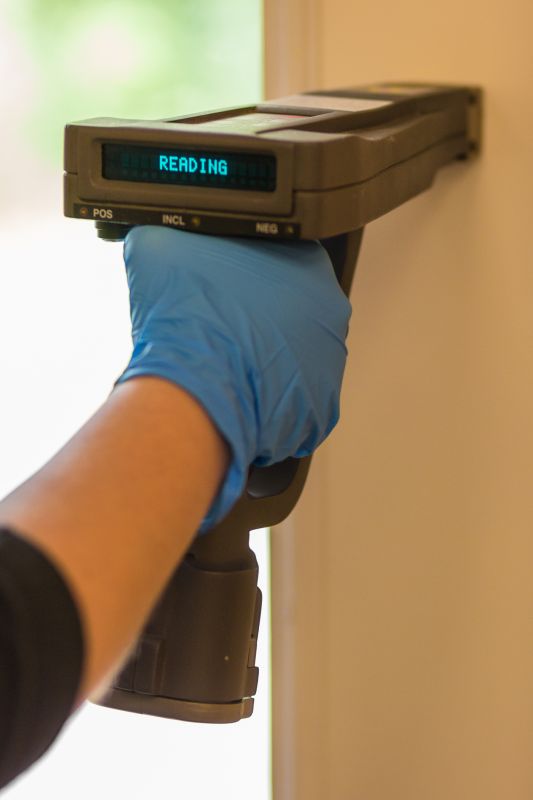
Precise detection tools identify potential leaks.
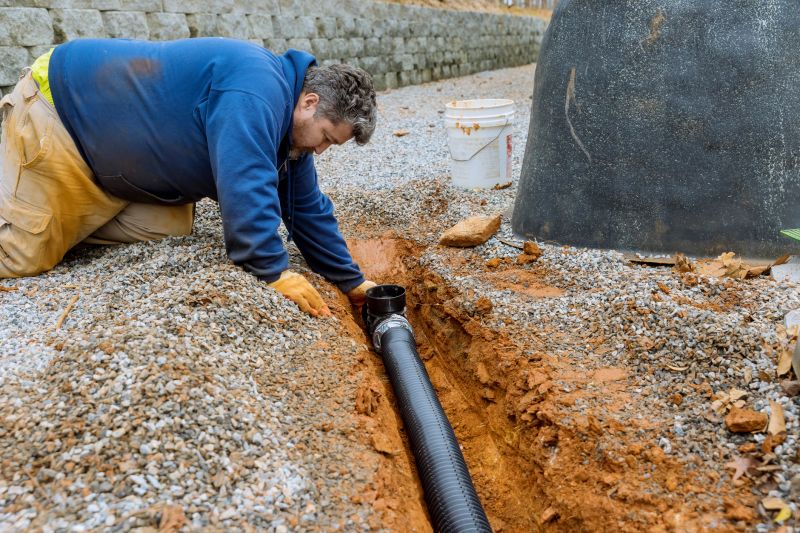
Repairs are conducted to ensure safety.
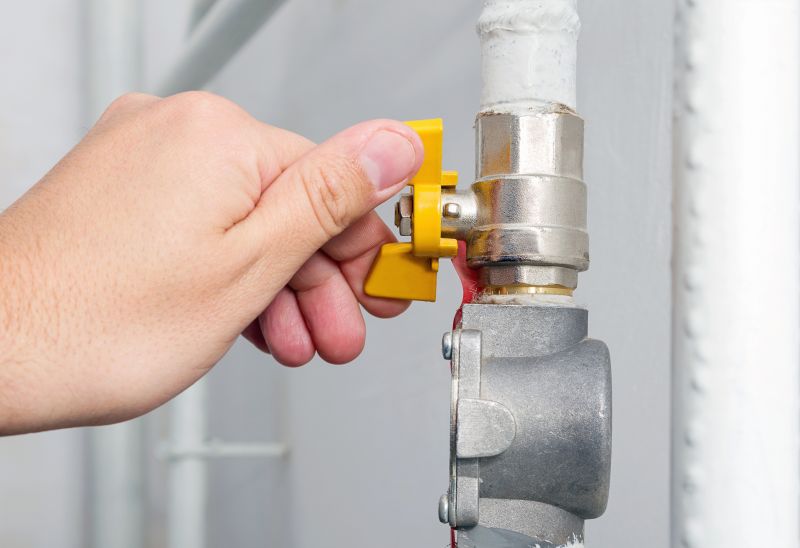
Final checks confirm system integrity.
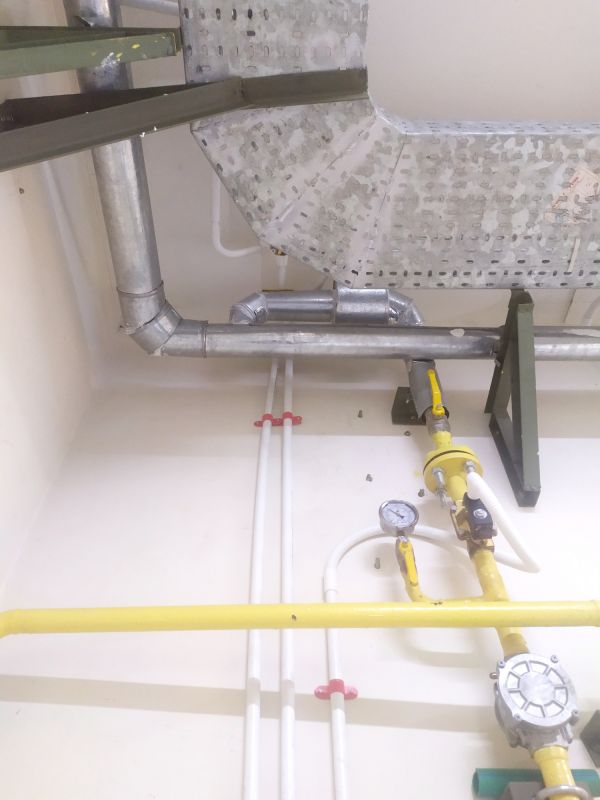
Little measurements that prevent headaches on Gas Line Service day.
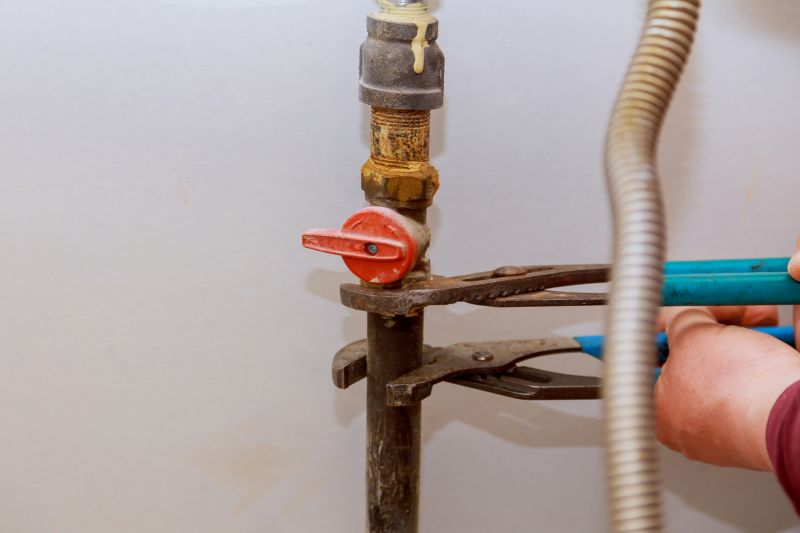
A 60-second routine that keeps Gas Line Service looking new.
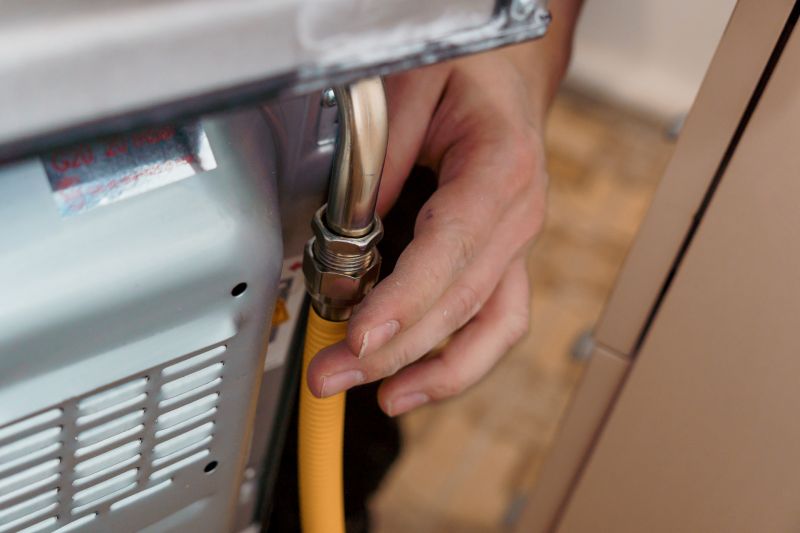
A frequent mistake in Gas Line Service and how to dodge it.

Small tweaks to make Gas Line Service safer and easier to use.
| Aspect | Details |
|---|---|
| Optimal Timing | Before peak usage seasons or after major repairs. |
| Signs for Service | Leaks, corrosion, irregular performance. |
| Inspection Frequency | Every few years, especially in older systems. |
| Weather Impact | Post-storm or temperature fluctuation checks. |
| Post-Installation | Schedule after new installation or repairs. |
| Safety Precautions | Regular maintenance reduces hazards. |
| Service Methods | Inspection, leak detection, repair, replacement. |
| Professional Assistance | Always consult qualified technicians. |
Scheduling gas line service at appropriate times enhances safety and ensures reliable operation. Regular inspections, especially in older systems or after severe weather, can prevent costly repairs and dangerous leaks. Proper maintenance supports the longevity of gas infrastructure and compliance with safety standards.
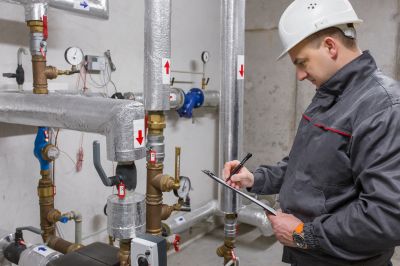
Technicians examine gas lines thoroughly.
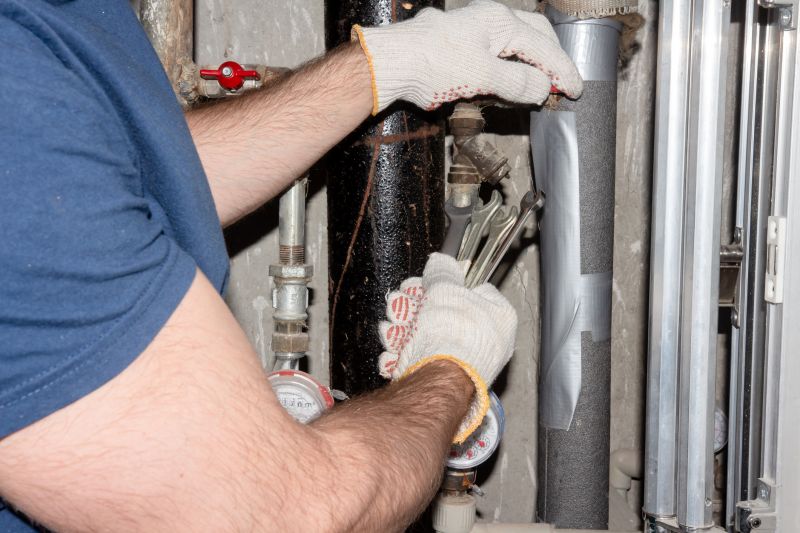
Sensitive equipment used for safety checks.
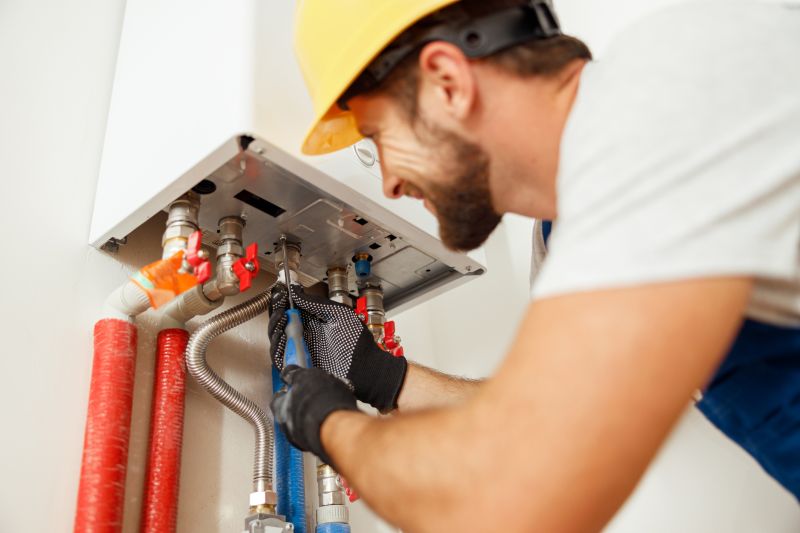
Ensuring safety and functionality.
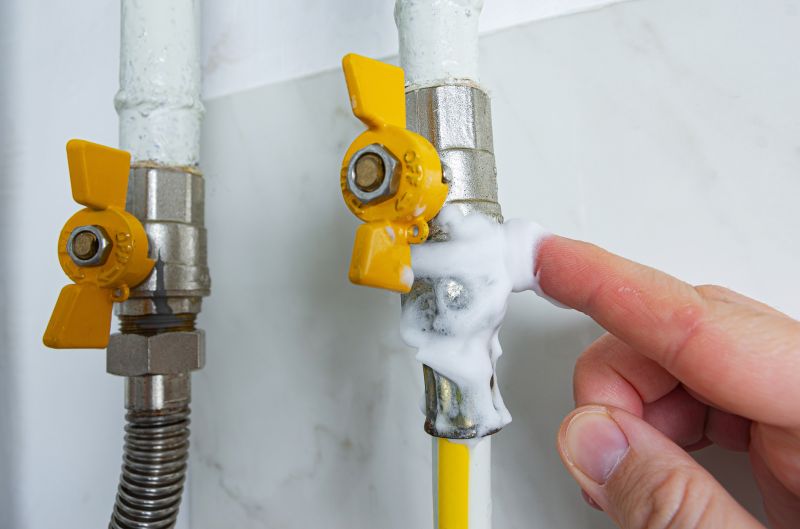
Confirming system safety after service.
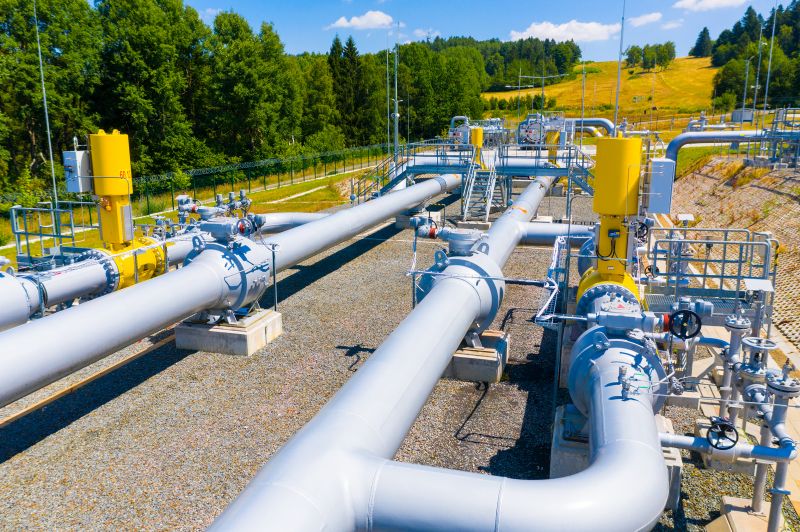
Lower-waste or water-saving choices for Gas Line Service.
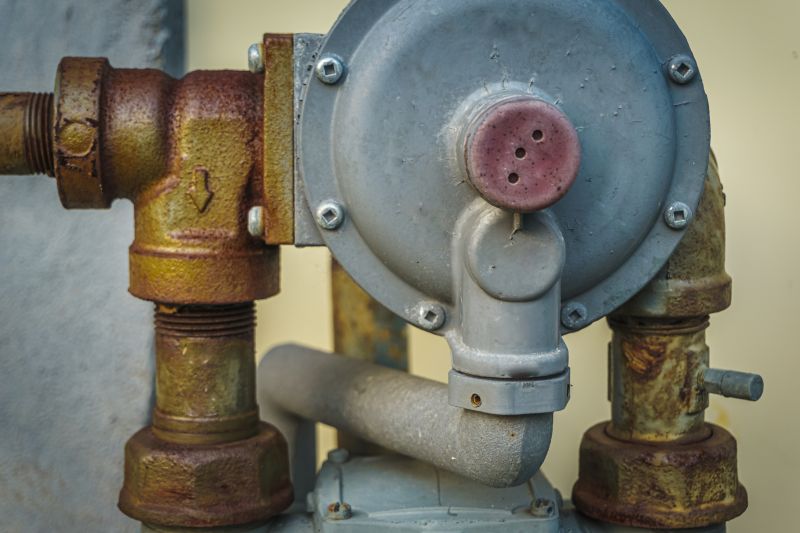
The short, realistic tool list for quality Gas Line Service.
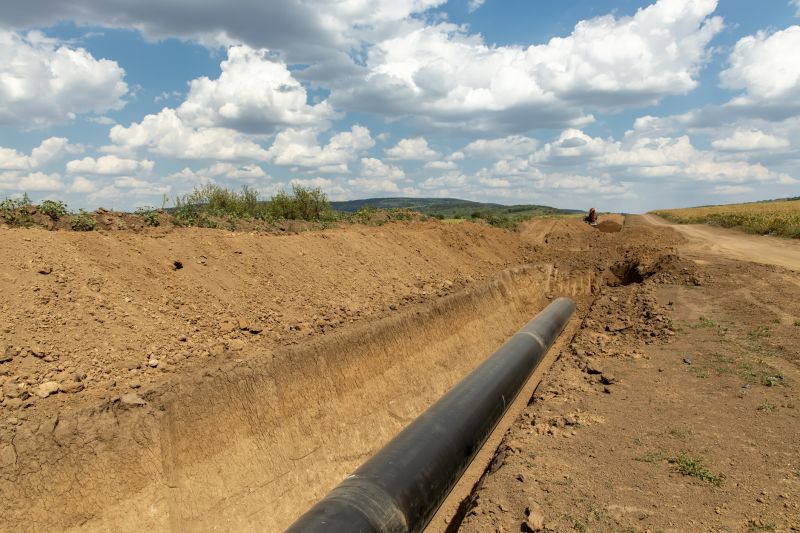
Rough timing from prep to clean-up for Gas Line Service.
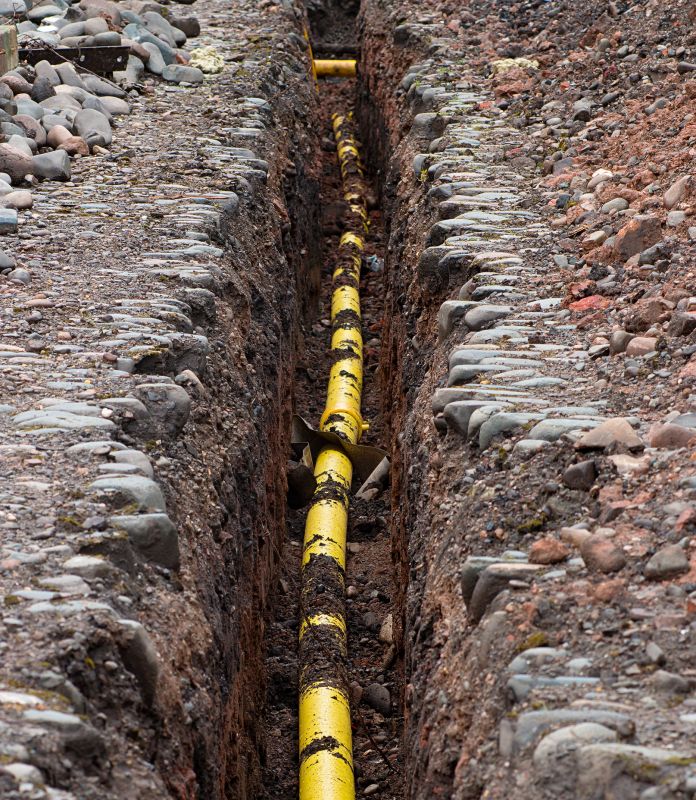
Quick checks and paperwork to keep after Gas Line Service.
Interested parties are encouraged to contact for more information about scheduling gas line service. Proper timing and regular maintenance are key to ensuring safety, efficiency, and peace of mind for residential and commercial gas systems.
